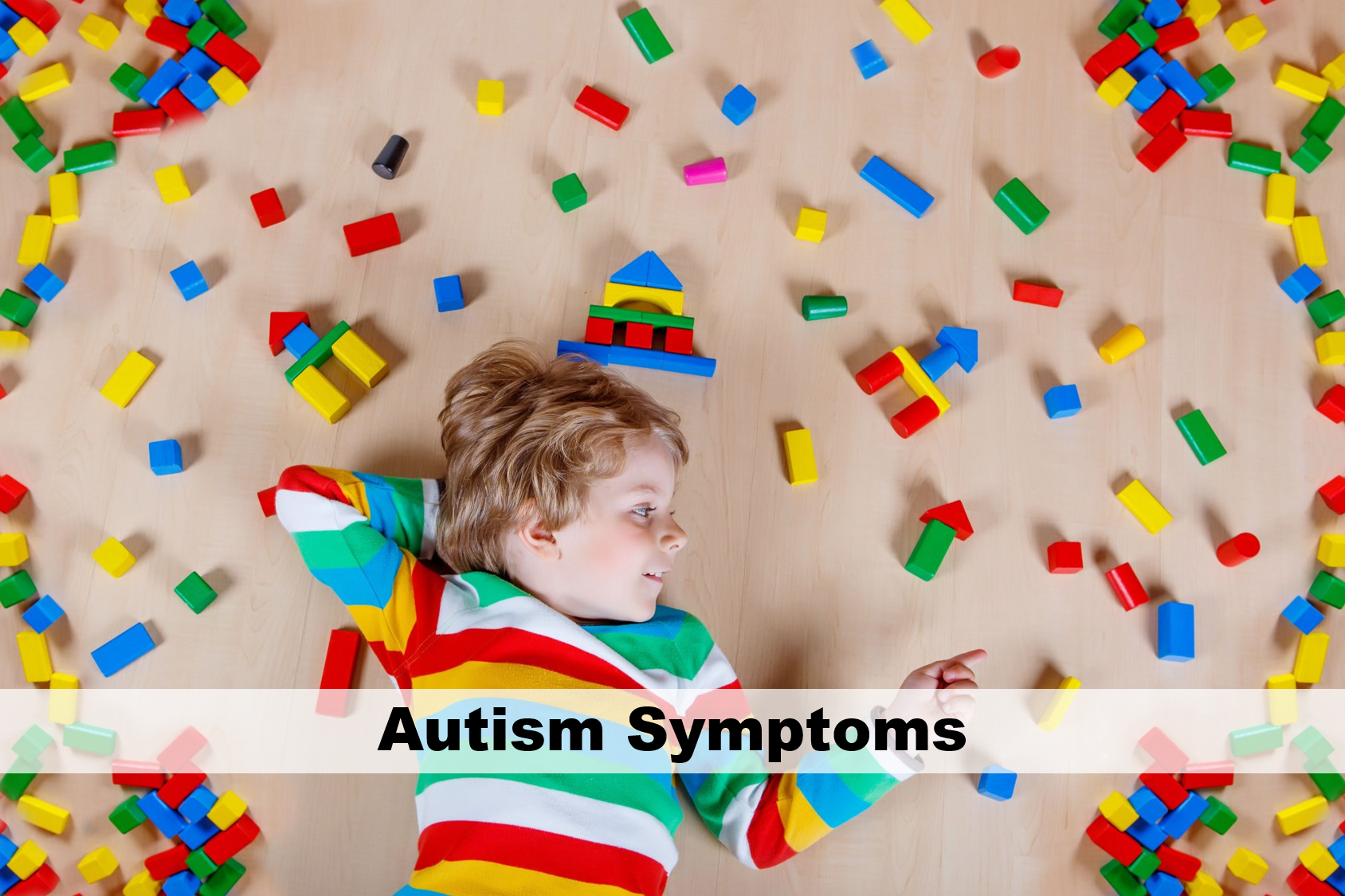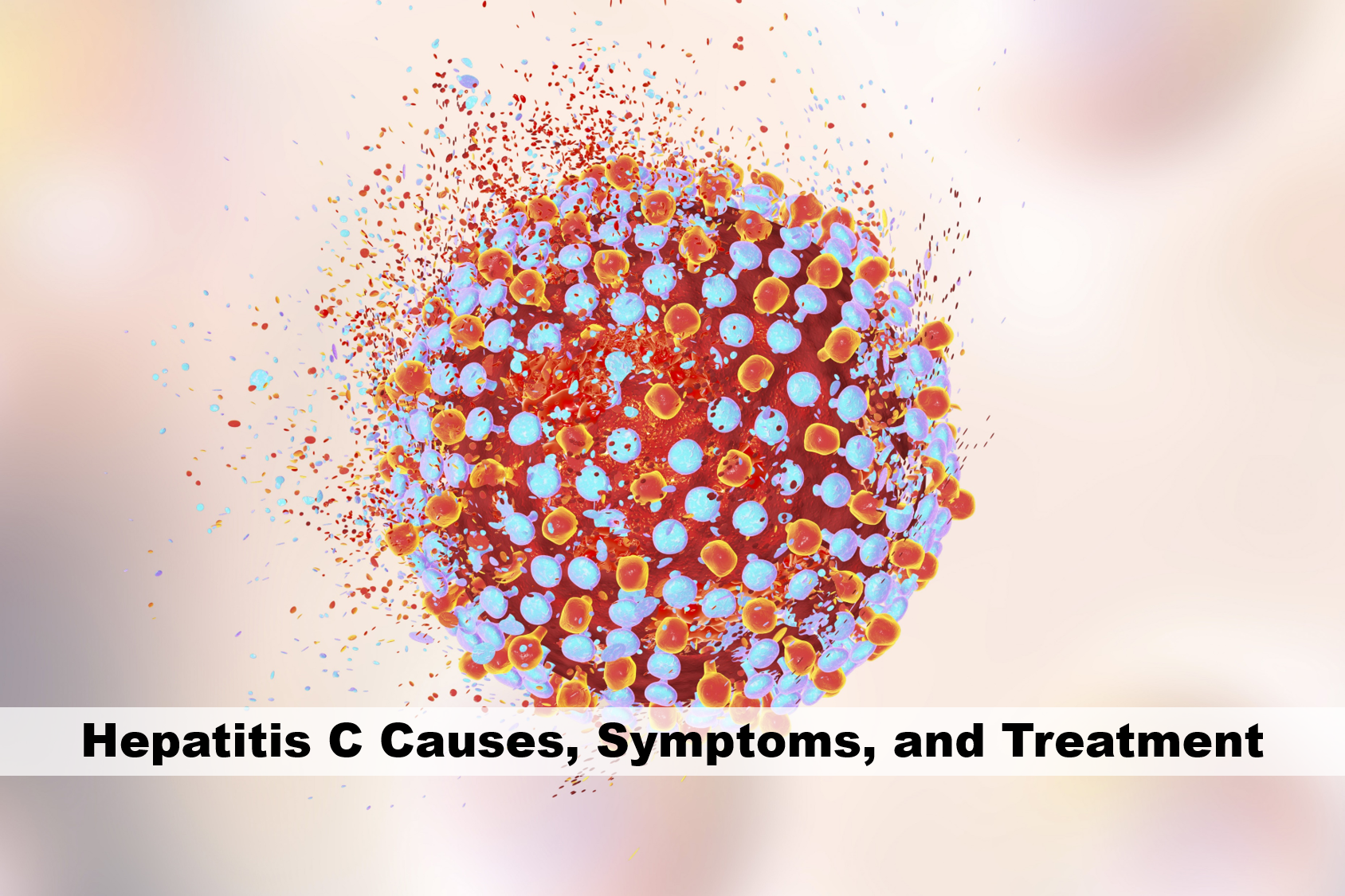Autism Symptoms (Does Your Child Behave Differently From Their Peers)

What are the symptoms of Autism? Does your child behave differently from their peers? If your child does not make eye contact with you, does not speak, does not react, does not listen, does not understand and repeats the same things, you may suspect autism. Autism is a life-long developmental disorder that occurs during the first years of life. Different parts of the brain cannot work together in autism. Most people with autism will always have difficulty communicating with others. But early diagnosis has helped more and more people to exploit their full potential. Although the cause of autism is not known exactly, some scientists think it is genetic. Here, we listed autism symptoms in detail in the following text.

Four Times More Common in Boys
Communication and social interaction skills in children with autism show severe impairment and a mismatch in development. Autism is 3-4 times higher in boys than in girls. The incidence of autism in the community is 2-5 per thousand, the sibling of a kid with autism is 3 to 8 percent, and identical twin of a kid having autism is 60 percent.
Autism Symptoms
Autism manifests itself in three areas. These areas and the symptoms that can be observed in each of these areas are listed below:

A) Social Interaction Problems
Inadequacy in non-verbal behavior required for social interaction
- Never make eye contact, make it for a very short time, or make it in an unusual way. For example, suddenly staring at one’s eyes and missing them.
- They use very little gesture when talking.
- Not being able to set the distances required by social settings; stay close to or far away from others
Inability to develop age-appropriate peer relationships
- Having very few friends or not making any friends.
- Be very reluctant to play or talk with their peers.
- Interact with certain people to talk about their favorite things.
- Difficulty interacting in a group
Limitations in sharing pleasure, success, or interest with others
- Wanting to do many things alone that they love and usually do with their family members or friends
- Not trying to attract the attention of others to certain events or situations
- To give little or no response to words of praise or verbal affirmation of others
Limitations in social-emotional behavior
- When someone is called to or wants to interact with them, they do not react, pretend not to hear or notice.
- Be indifferent to some events or person that is of interest to other kids.
- Inability to understand the feelings of others
B) Communication Problems
Delayed speech or language development
- Not to use simple two-word expressions (e.g. father, go) even after three years old
- Use a simple grammatical structure, after they start speaking or continue to repeat certain mistakes
Difficulty in speaking
- Having problems starting, continuing, and ending a conversation.
- Preferring to speak involuntarily on matters other than their own favorite subjects.
Repeating words that they have been heard
- Repeating what others have told him
- Repeating what they have heard on television or reading from books in unrelated times and out of context
- Repeating the words made up by him or making sense only to him.
- Demonstrate speech features such as extreme formalism and didacticism
Preferring to play games not suitable for their developments
- Limitations in scripted games (imaginary games)
- Limitations in symbolic games: Do not play using one object as another object (for example, the cube as a microphone)
- Playing with toys in unusual ways
- Indifference towards social games
C) Limited / Repeated Interests and Behaviors
To have intense and unusual interests in limited space
- Excessive interest in certain subjects
- To be overly interested in some unusual issues like astrophysics, aircraft accidents or irrigation systems.
- Remembering the finer details of the topics of interest
Excessive insistence on specific orders and routines
- Always want to do certain activities in a certain order (for example, to close the car doors in the same order)
- Not wanting to change daily routines (For example, always follow the same route when coming home, or when you come home first turn on the television and then go to the bathroom)
- Overreacting to changes in everyday life (excessive anxiety or anger over the slightest change)
- To require prior knowledge of changes that will occur in order to more easily accept changes
Repetitive behaviors:
- Unusual body movements (like walking at your fingertips, walking very slowly).
- Unusual hand movements (like shaking hands, moving the fingers in front of their eyes)
Unusual interests and obsessions about objects:
- Use objects for unusual purposes (for example, turning the wheels of the toy car or opening and closing the doll’s eyes and do these behaviors repeatedly)
- Excessive attention to objects (for example, sniffing every object they hold)
- Excessive attention to moving objects (looking at rotating objects such as wheels or propellers)
- Being obsessed with objects (not wanting to leave some unusual objects (for example, an eraser or a small piece of chain) out of their eyes or to keep them out of sight)





